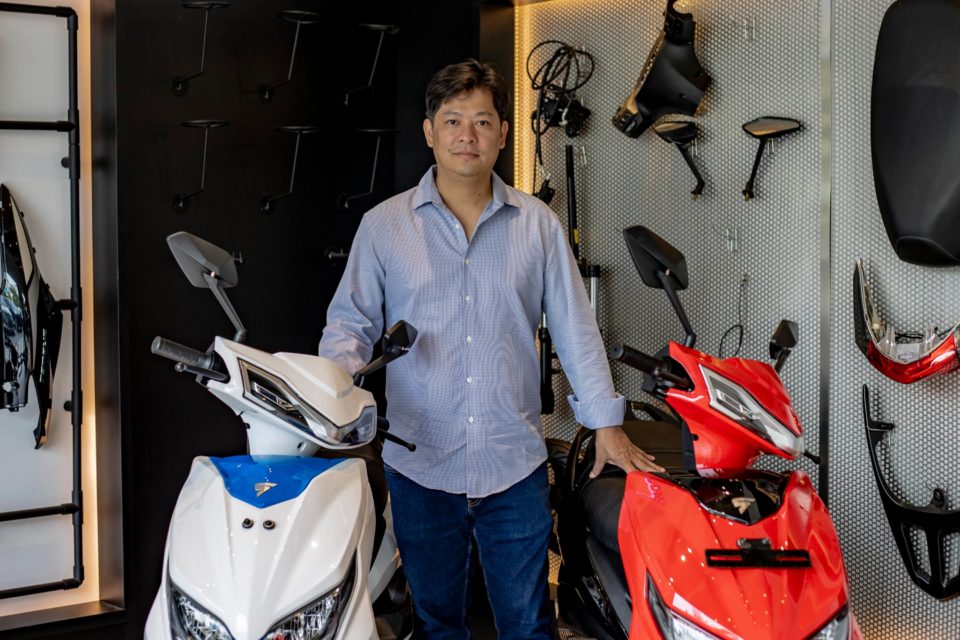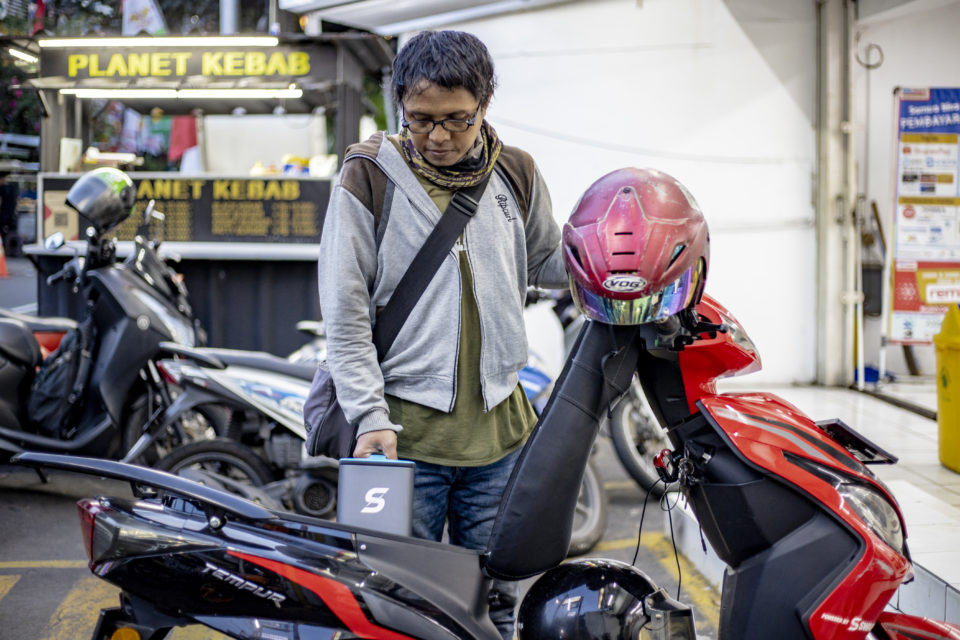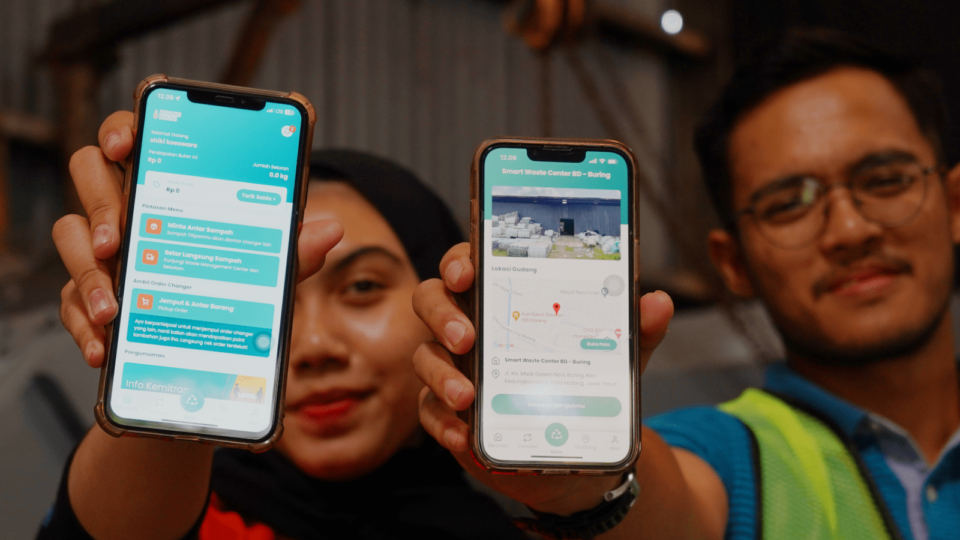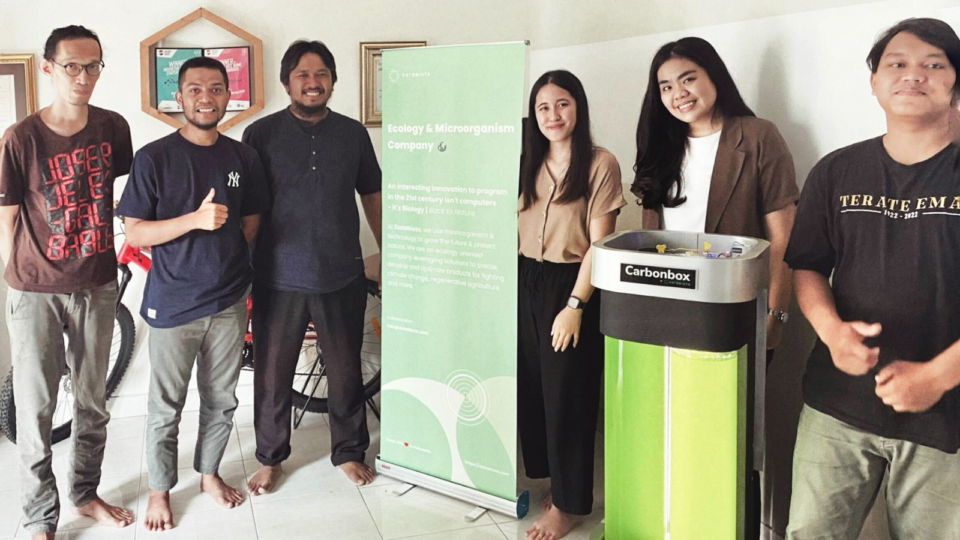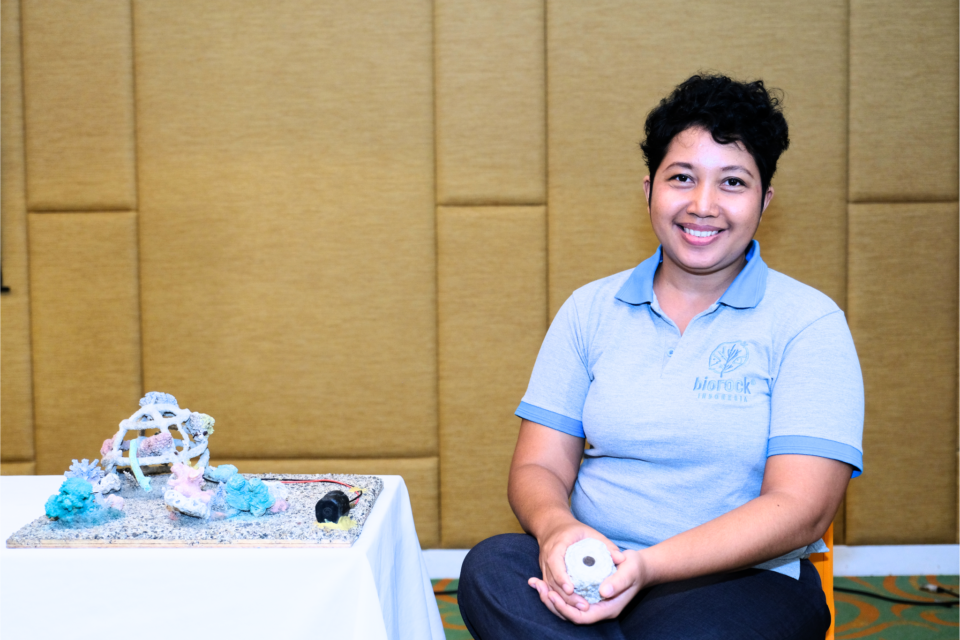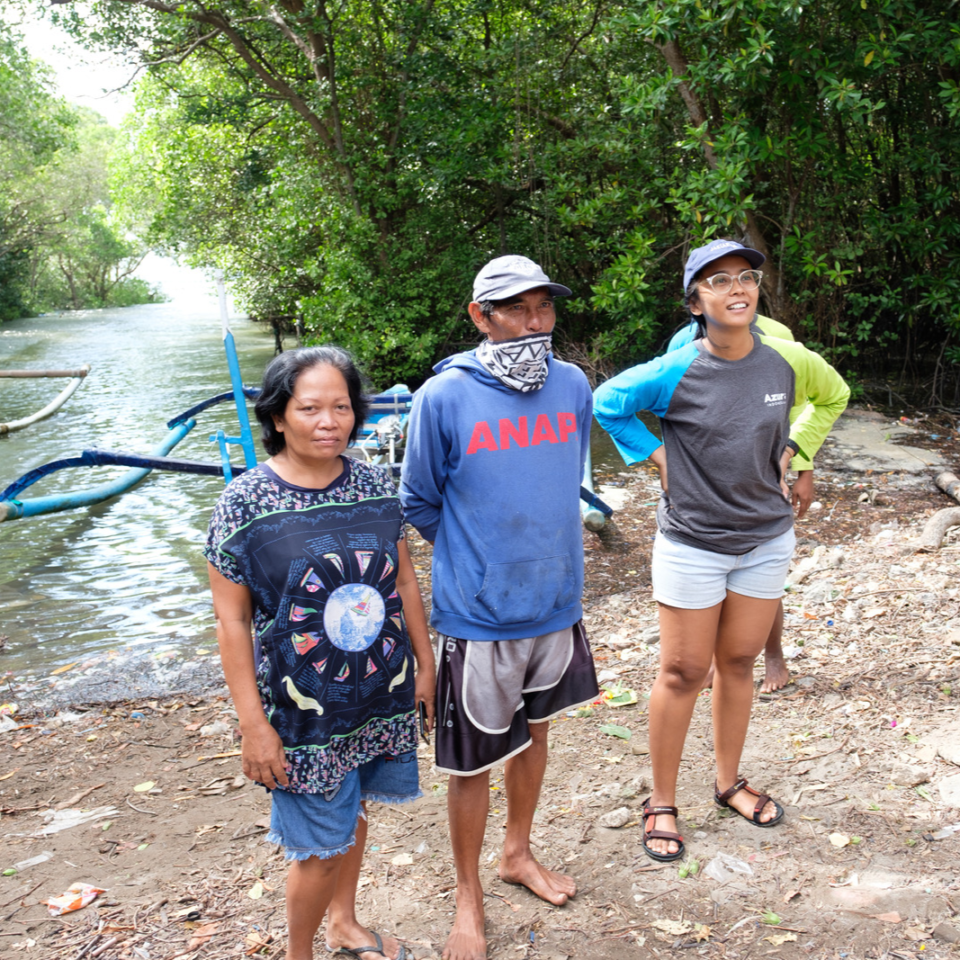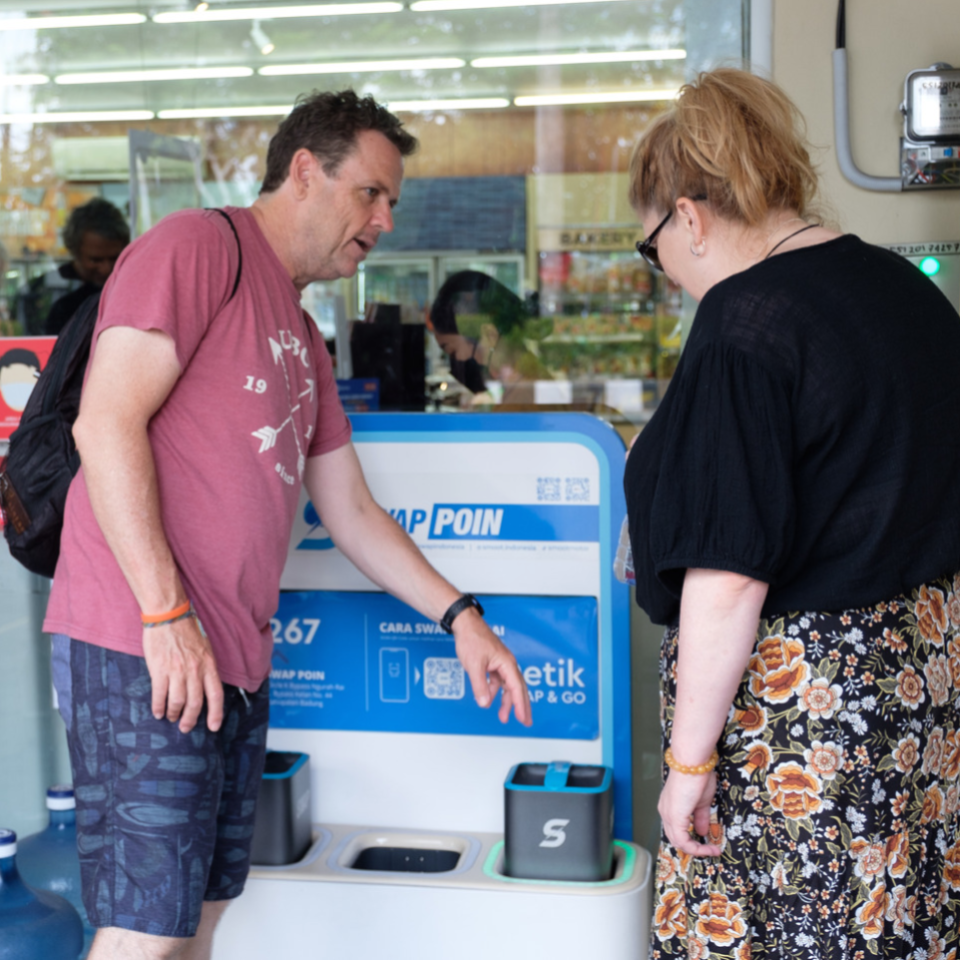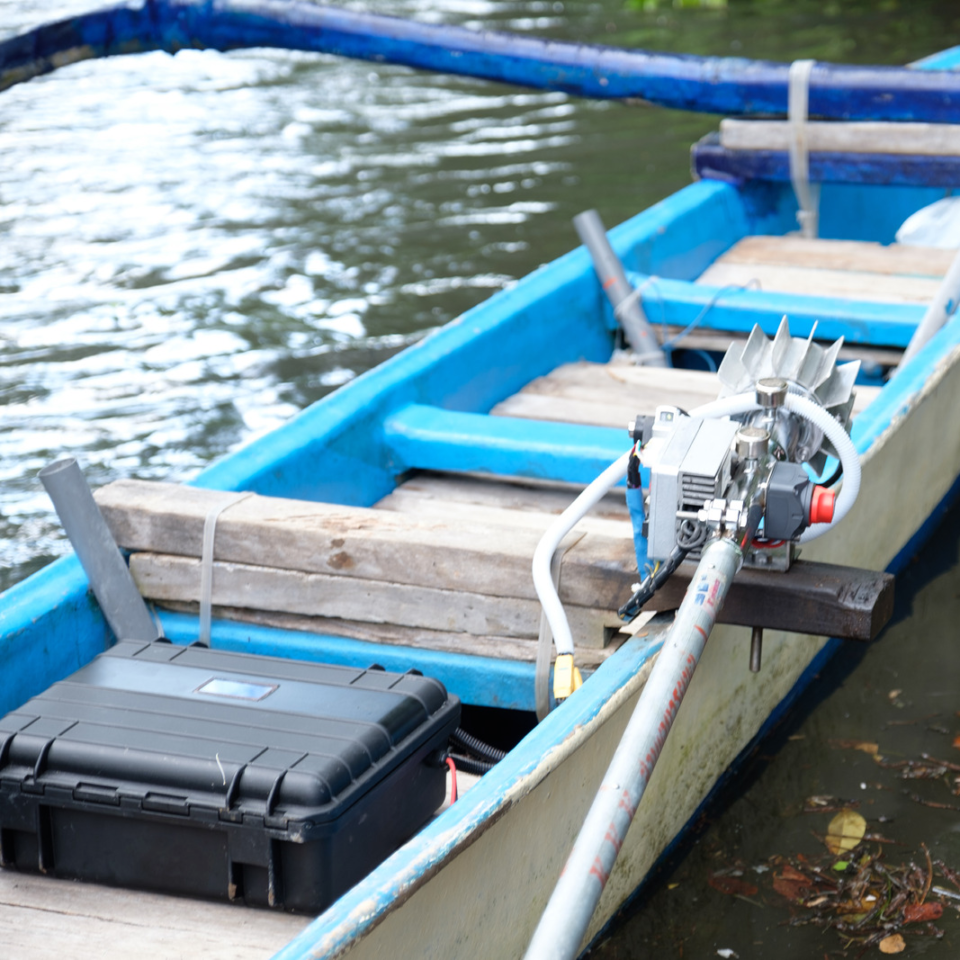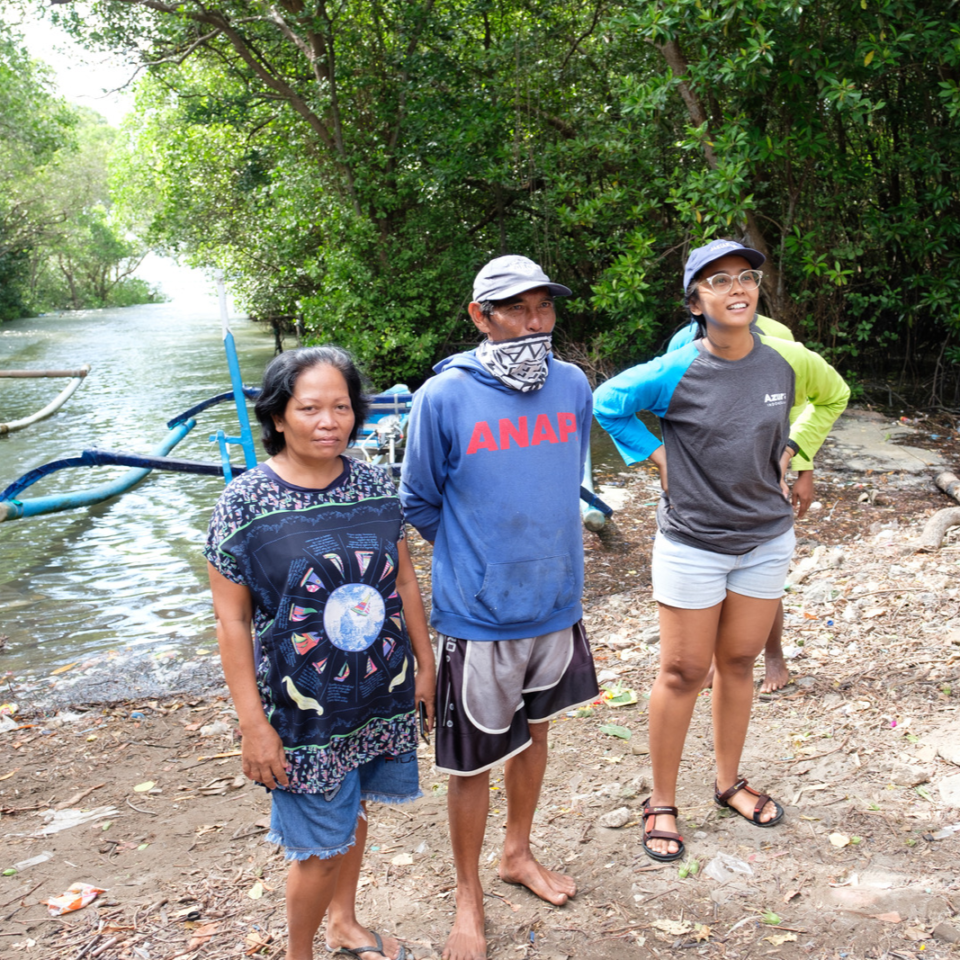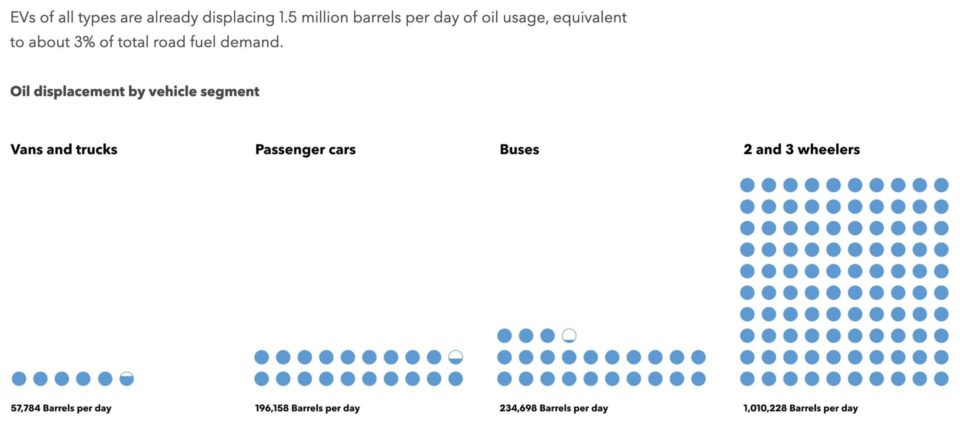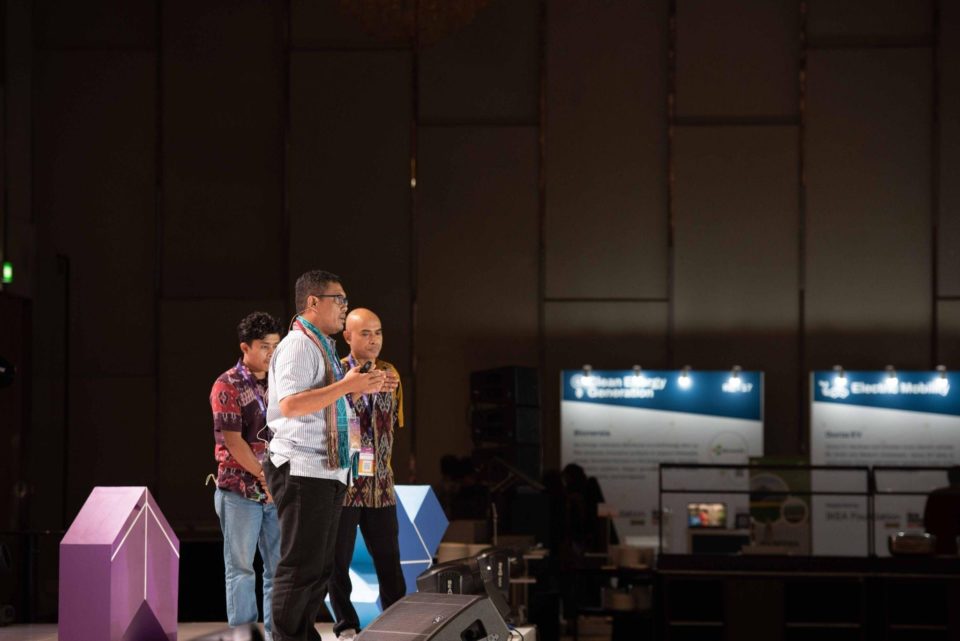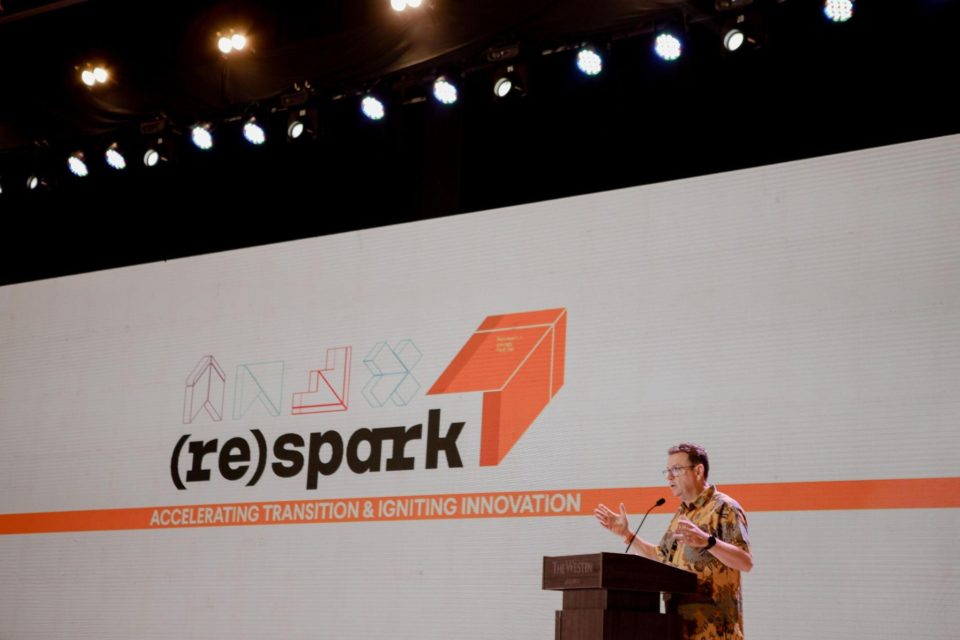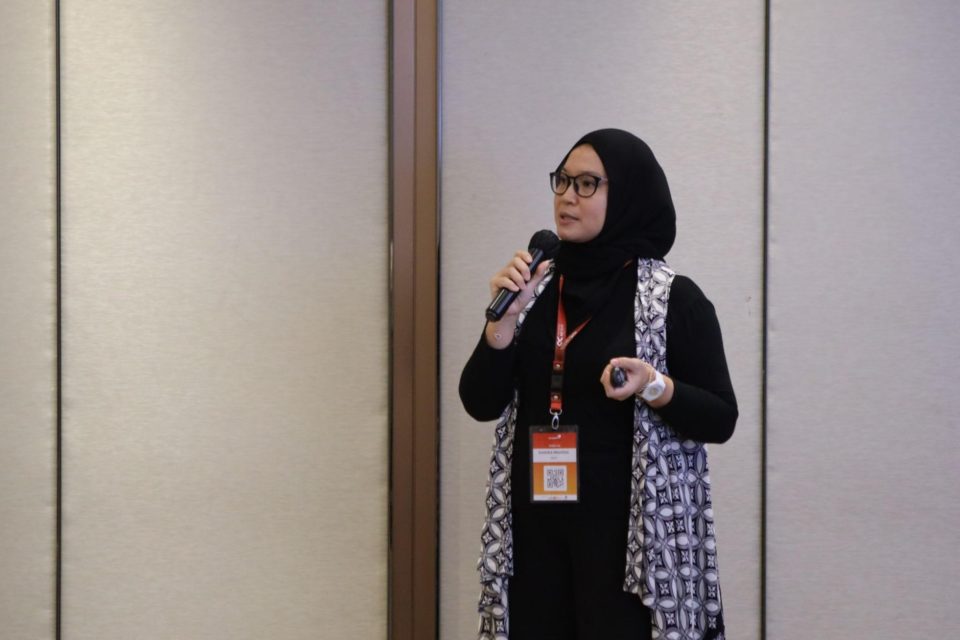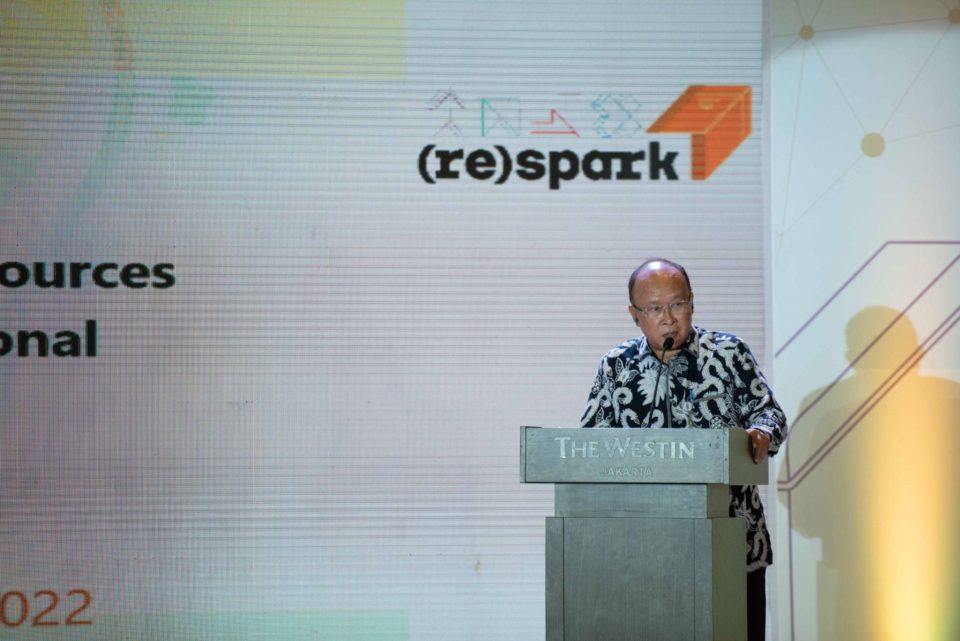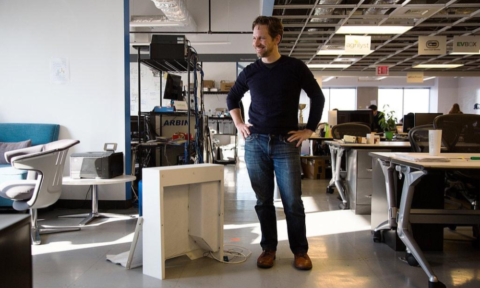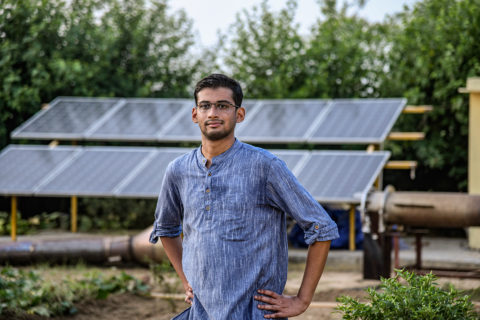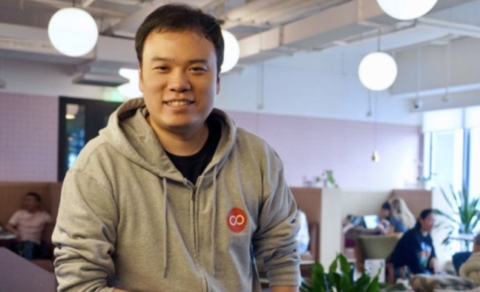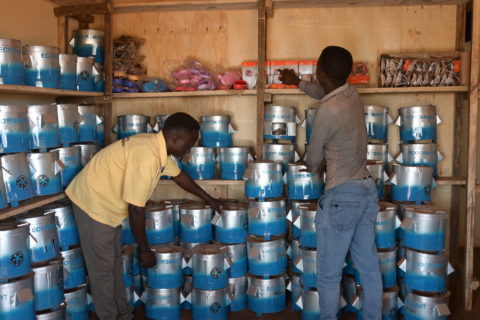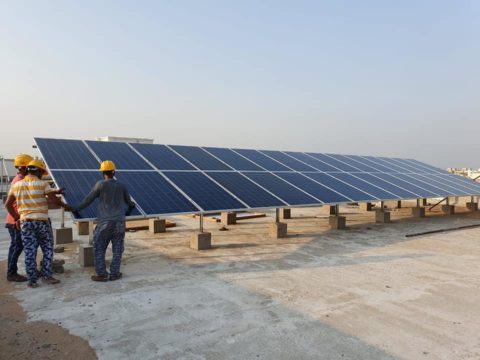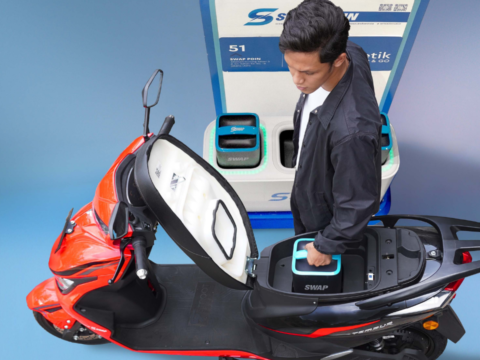We recently hosted around 200 women leaders, startups, youth, industry experts and community advocates at the ‘Bali Women Leaders Network’. When you have that much talent in one room, we knew we had to ask them to share their advice!
The event, in partnership with ClimateWorks Foundation and facilitated by Pratisara Bumi Foundation, showcased the tremendous potential of women entrepreneurs in driving sustainability and climate action. Among the many women-led climate startups we invited we also celebrated 8 women-led start-startups that successfully completed our ‘Business Incubation and Acceleration Program’.
Here are some key takeaways.
Have absolute clarity on your intentions and motivations before you begin your entrepreneurial journey
Lala Maelani, the CEO of Gumitri, highlighted the significance of understanding the motivations behind one’s actions.
“Find that common ground, discover the reasons why you do what you do. When you have a clear understanding of your motivations, even in the face of challenges, those reasons will reignite your passion and empower you to overcome obstacles. It is also vital to have a shared mission with your partners, ensuring that regardless of the path ahead, the commitment among colleagues remains unwavering due to the shared vision, mission, and values.”
Find mentors and enroll in programs that help improve your business acumen and industry knowledge
Yufi Gobel, the Founder and CEO of Chickbecik, emphasized the importance of having a mentor during the startup development process.
“Having a mentor is crucial when building a startup. When I connected with the New Energy Nexus Indonesia team, I learned to refine my ideas and challenge my assumptions while understanding the realities of the market. This led to a transformation in our business approach. My message to those interested in developing a startup or innovation is to seek out a mentor. With the guidance of mentors, we can conduct more focused and measurable product testing, and make better decisions regarding every risk and opportunity.”
Find a safe and empowering environment that truly supports female entrepreneurs
Marcella Steffany, Communications and Business Development Officer at Tri Hita Consulting, emphasized the importance of establishing an empowering environment for women to thrive in their careers.
“Creating an enabling environment plays a vital role in our success as women professionals. Having a supportive team, mentors who believe in us, and an environment that values our contributions based on our capabilities rather than our gender are key factors that contribute to our growth and achievements.”
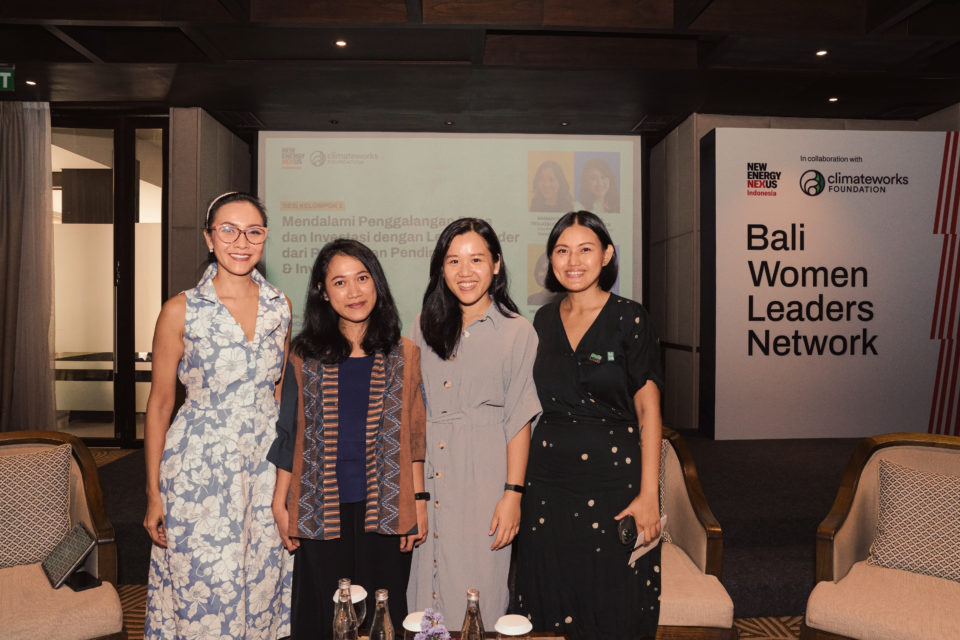
Dini Septiani (AVPN), Atika Benedikta (ANGIN), Samantha Tedjosugondo (Sweef Capital), Helga Tjahjadi (Burgreens)
During the event, another insightful session on fundraising and gender-lens investing, moderated by Dini Septiani, ASEAN Regional Director of AVPN, featured an open and candid discussion between two gender-lens investors and a female founder. Helga Tjahjadi, the CEO & Co-Founder of Burgreens & Green Rebel, shared her journey of building a successful food and beverage business alongside her partner, Max Mandias.
“Throughout our fundraising journey, I encountered discrimination from certain venture capitalists who believed that my maternity leave would impact our business milestones. However, we were fortunate to connect with angel investors and venture capitalists who were supportive of my pregnancy and played a pivotal role in our business’s growth.
“As a result, we secured funding prior to my maternity leave and devised plans to ensure the company’s continuity during my absence. Today, women have more allies and support to pursue their goals, but there is still progress to be made within the system for investors to fully recognize and embrace the value that female founders bring.”
Atika Benedikta emphasized the significance of gender-lens investing and women’s empowerment:
“Supporting and fostering an enabling environment that empowers women as stakeholders, contributors, doers, and decision-makers is crucial. The contributions and perspectives of women hold equal importance. It’s not about power or competition but about empowering everyone equally.”
Establish a well-organized administrative system for operational efficiency
Tasya Karissa, the Founder and Executive Director of Biorock Indonesia, shared her experience in overcoming challenges caused by having two distinct entities, a foundation and a PT.
“One of the difficulties I encountered was managing the administrative tasks effectively due to Biorock Indonesia’s dual structure. As a leader, I realized the importance of overseeing multiple aspects, and establishing a well-organized administrative system became critical for our operational efficiency. Thanks to the guidance of mentors through the New Energy Nexus Indonesia’s Bali Women Climate Entrepreneur Project, I now have a standardized operating procedure for administration.”
Learn to recognize business risks and have strategic mitigation plans
Samantha Tedjosugondo highlighted the importance of acknowledging and addressing challenges in entrepreneurship:
“Recognizing risks and challenges is crucial, but what matters more is having an effective mitigation strategy. We admire startup management teams that openly acknowledge and actively tackle the obstacles they encounter. Risks coexist with promising opportunities, and it’s essential for both leaders and team members to be aware of this reality.”
Sukriyatun Niamah, the Founder and Marketing Director of Robries, discussed her company’s efforts in recycling plastic waste. Despite facing challenges as a young female leader in business, she refused to be underestimated. Niam emphasized the importance of collaborating with diverse partners, embracing different habits and mindsets. Her determination to realize her ambitious vision surpasses these obstacles. Currently, Robries has successfully partnered with over 100 individuals from diverse communities and waste collectors.
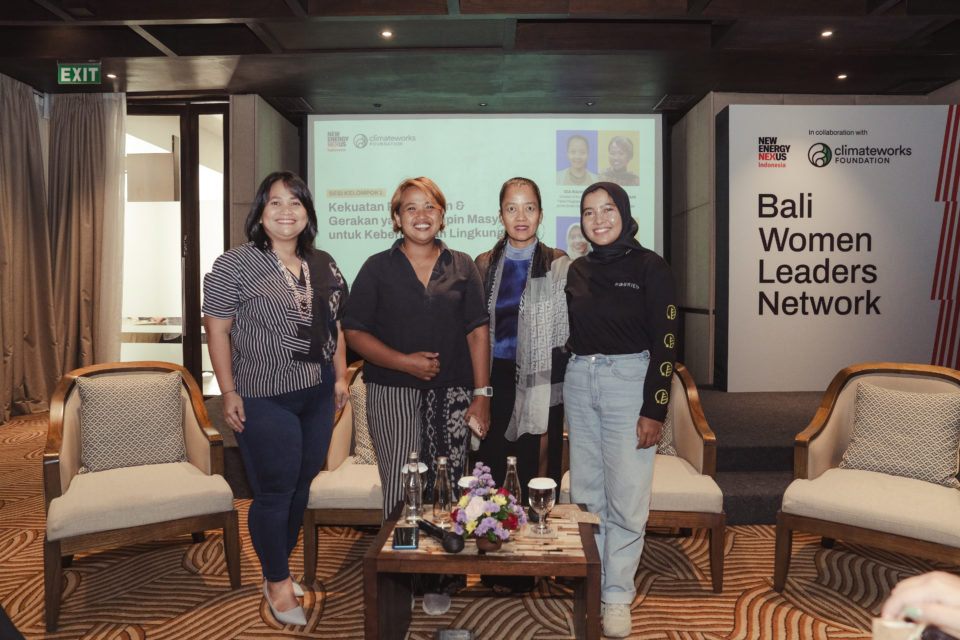
Thilma Komaling, Aniek Puspawardhani (Kelecung Village Eco Tourism), Ida Rahayu (Seeds to Table), Sukriyatun Niamah (Robries)
Aniek Puspawardani, the project lead for Desa Wisata Kelucung, expressed her concerns about the impact of land use changes on the livelihoods of the farming community in Kelucung Village. She highlighted the importance of creating sustainable employment opportunities, such as homestay businesses, culinary ventures, merchandise, and other tourism-supporting enterprises, to increase their income. However, this must be accompanied by training programs to develop professional skills across various professions in Desa Kelucung. Additionally, support from stakeholders is crucial to achieving self-sufficiency and empowerment for the village.
Ida Rahayu, the Creator of Seeds to Table, shared insights into her permaculture-based program that tackles waste and food production challenges. She emphasized the importance of paying attention to food labels and understanding the impact of our consumption on our health and well-being. Ida highlighted key steps we can take, such as growing our own food or supporting local farmers, minimizing packaging waste, opting for organic food, and practicing proper waste sorting. She also encouraged cooking our own meals to gain a better understanding of what we consume.
Women are paving the way to become leaders in their communities. Our programs in New Energy Nexus Indonesia aim to close the gender gap and increase women’s participation in clean energy and climate solutions sectors, helping to improve women’s response and adaptation to climate change.
Learn more New Energy Nexus Indonesia

